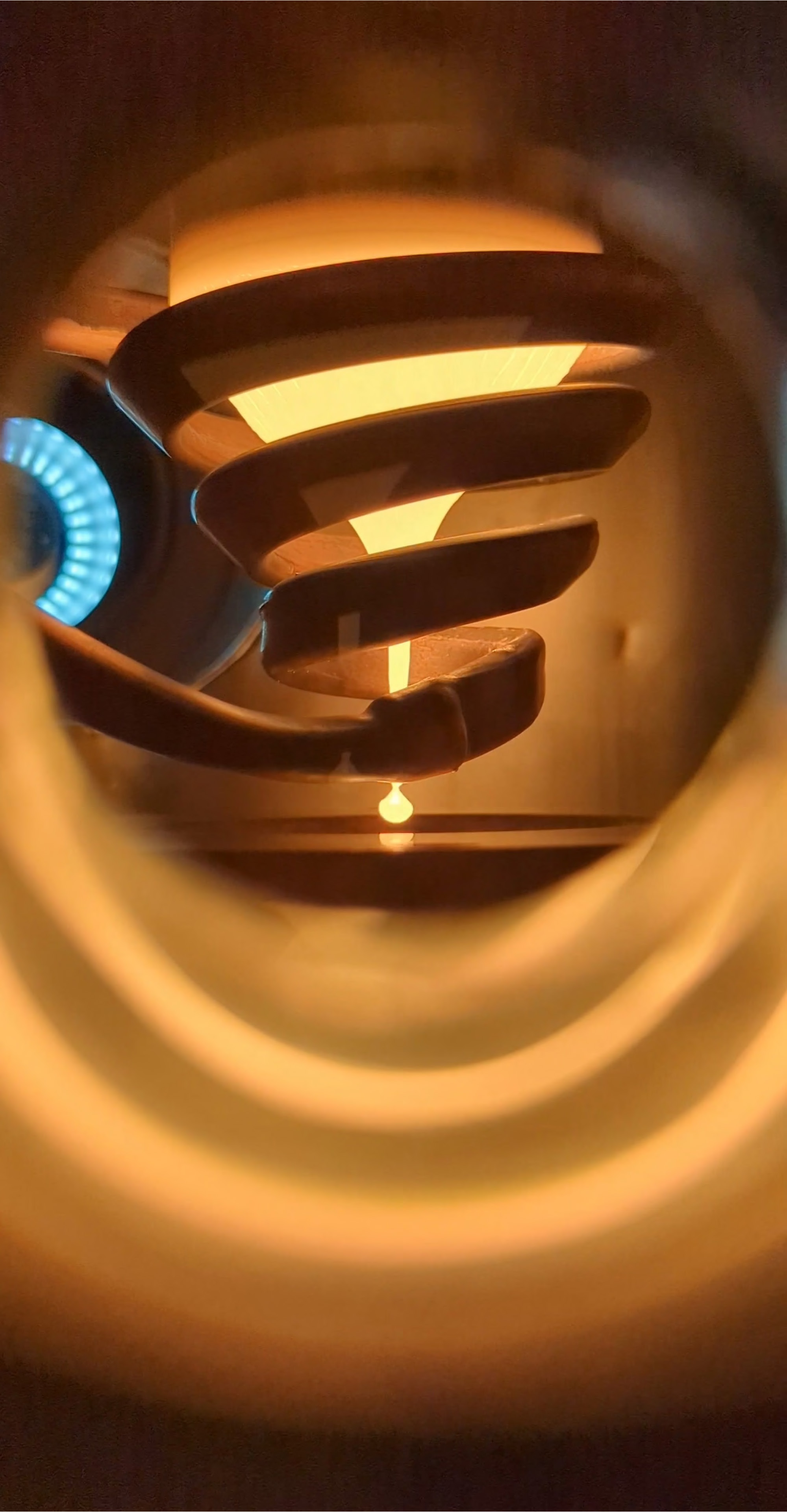All News /
News:
International Women in Engineering Day
23 / 06 / 20

Taking place annually on 23 June, National Women in Engineering Day was launched for the first time in the UK on 23 June 2014 by the Women’s Engineering Society (WES) to celebrate its 95th anniversary.
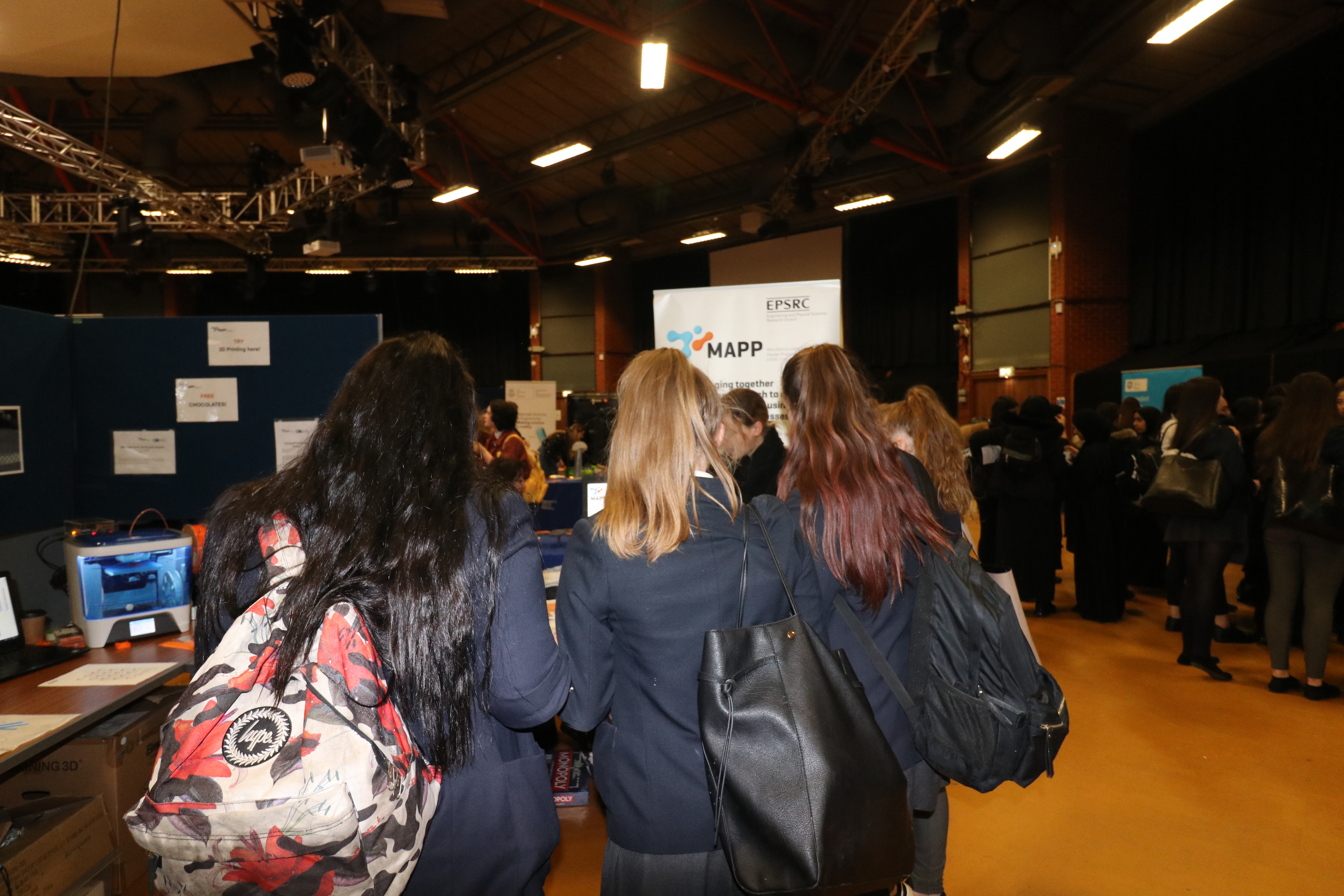
The day received UNESCO patronage in 2016 and in 2017 International Women in Engineering Day (INWED) was born to enable the celebration of women in engineering to become global.
In 2020 the theme is #ShapeTheWorld. People are being invited to share their stories of how engineers shape the world and help make our planet a better, safer, more innovative and exciting place to be.
MAPP will be adding case studies of some of the members of MAPP who are marking INWED throughout the week.
Dr Candice Majewski, MAPP Investigator, Senior Lecturer in Mechanical Engineering, The University of Sheffield
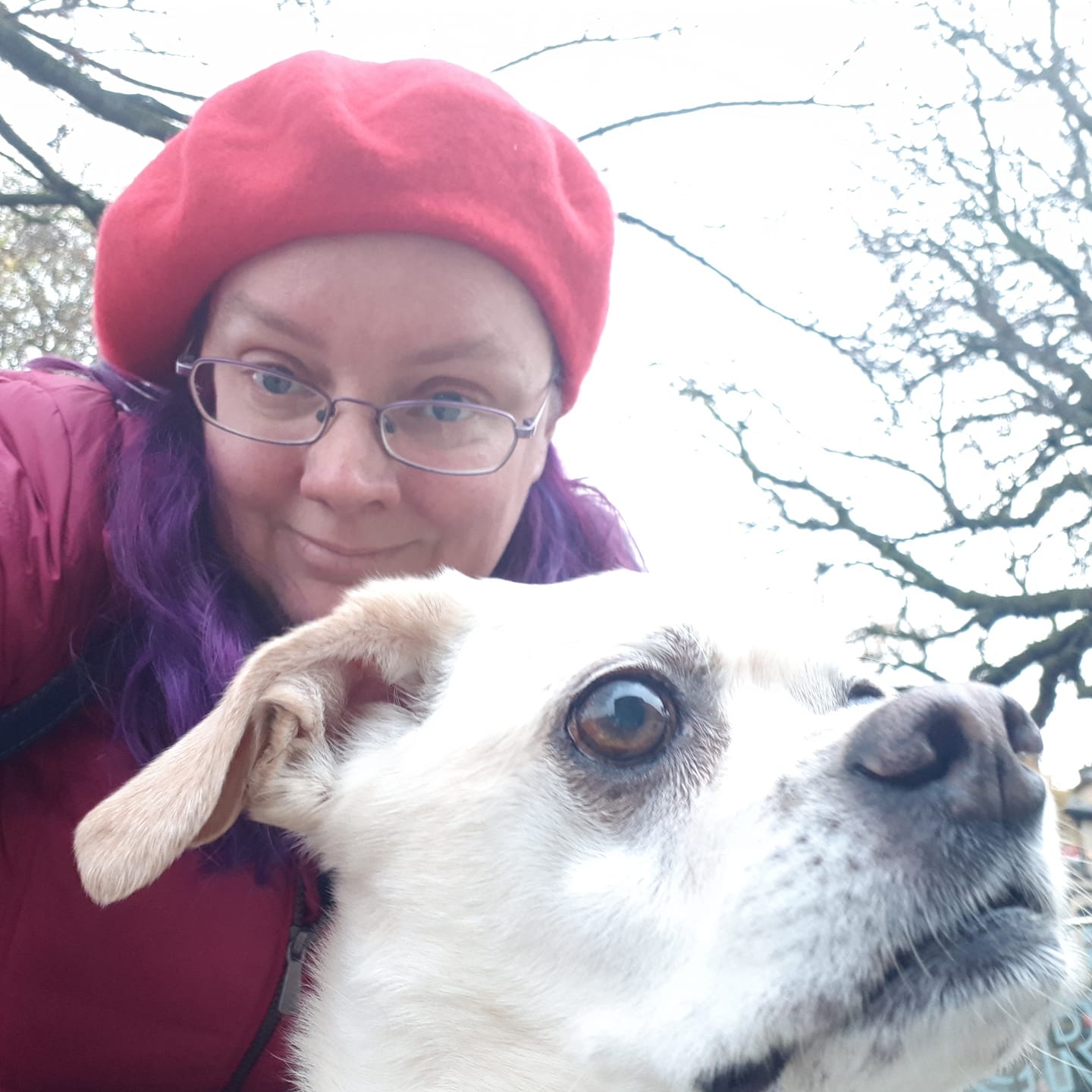
What inspired you to become an engineer?
"That was a complete accident! I always thought I'd go to Uni and study either Maths or Physics, until our careers advisor suggested Engineering. I'd never even heard of it before, but it sounded like it might be fun! Massive thanks to Mr. Smith for getting me started down this route!"
How did you get started in engineering?
"I guess the point I really realised for certain that it was the right career for me was during the last couple of months of my Undergraduate degree. We had a guest lecturer talk to us for two hours about 3D Printing, and I was *amazed* by it! I could see so much potential in it, and I just sort of realised it was what I wanted to do!"
What is your research area?
"Funnily enough, I now work in 3D Printing, which is a collection of processes which make objects by building them up one layer at a time. To be a bit more specific, my main area of interest and expertise is in understanding how materials behave in the processes, and how that affects how good our parts are. We always seem to find more things we don't know, which keeps it really interesting - I'm hoping to keep finding these things until I'm able to retire!"
What has been your highest achievement to date?
"My favourite thing is always seeing my students graduate, whether that's from a PhD, Undergraduate or Masters projects, or my tutees. Seeing them go on into their future careers, and knowing I've played a small part in helping them get there, is a constant source of joy to me; it's definitely one of my favourite things about being an academic."
Why should young people choose engineering as a career?
"For me, it's about the variety of different things you can do within the overall category of 'Engineering'. You want to work on designs and devices to improve the day-to-day quality of peoples' lives? Great, you can do that. You want to figure out how to get people to the International Space Station quicker or more efficiently? You can do that too. Perhaps you're more interested in how to manage Engineering processes - guess what? That's also a route you can take. Honestly, it's really difficult to list all the possibilities in one small paragraph, but hopefully you get the idea!"
What attributes and skills help you in your role?
"Inquisitiveness and curiosity really help - often the best solution isn't the most obvious, and we might need to draw on a whole variety of different areas and experiences to come up with the 'right' answer. Being a bit stubborn can help too, as sometimes that answer doesn't come quickly!!!"
What are your top tips for people considering engineering?
"It's OK if you don't have a plan for what comes next (you'll see from my previous comments that I didn't have one for a long time!) Also, it's OK to experiment with things while you're making your decisions; it's worth trying lots of different things to see what really excites you. Check out University-run events (these are often free and open to the public), events run by libraries and museums, or try exploring new topics online in your own time. There's no 'right' or 'wrong' decision, so as long as you choose something you think you'll enjoy, that's what really matters!"
Yun Deng, PDRA, The University of Oxford
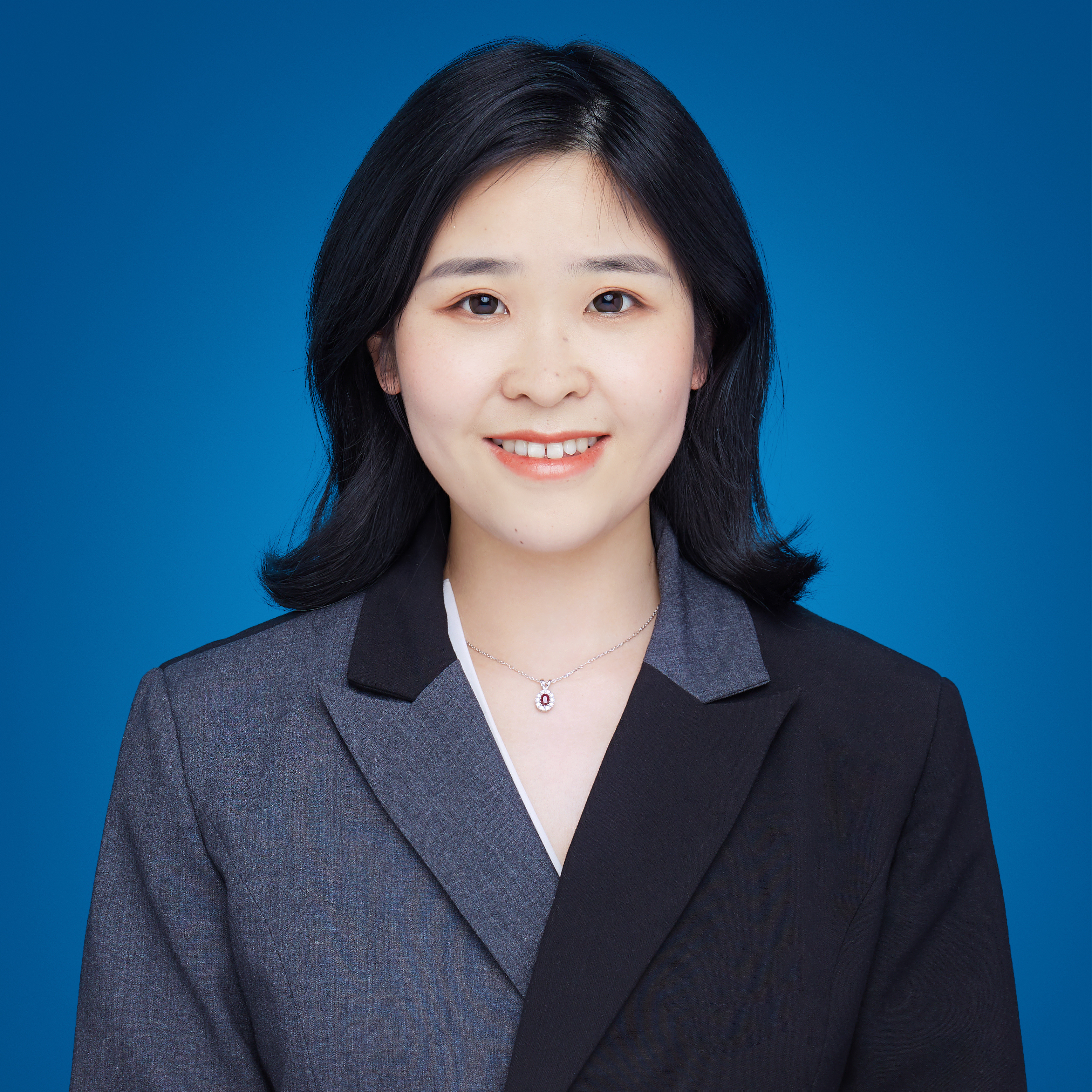
What inspired you to become an engineer?
"I think I was first inspired by my grandfather, he is not an engineer himself, but a farmer and a primary school teacher in a little village. However, he has such a big enthusiasm for creating new tools to make life colourful. I remember he made a small device that can make soap bubbles automatically and that small thing lightened my whole summer. I always looked at him as my superhero when I was young. I think this was the beginning of my engineering dream."
How did you get started in engineering?
"I got started in engineering when I started my master thesis project at the Max Planck Institute for iron research. I met a very good supervisor whose passion for research still inspires me, and I got very good training on various experimental techniques and data analysis skills."
What is your research area?
"I have quite diverse research focuses, I have been working with alloy design, in-situ micromechanical testing device design, microstructure and deformation mechanism analysis. And now I am focused on the powder processing of a new type of alloy using the FAST technique, and I believe that it will have a promising application prospect."
What has been your highest achievement to date?
"I think the highest achievement would be joining such a good research project, the MAPP project."
Why should young people choose engineering as a career?
"Being an engineer has so many advantages, you can work in projects that make the written science alive, apply it to solve real problems; you will work in a professional environment with many talented people, and the people who may write the formula that you read in the textbook; you will not be doing repeated things that bore you, instead, you will be doing creative things every day; you are trained to think logically and solve problems, which will be valuable throughout your whole life."
What attributes and skills help you in your role?
"I’d like to organize it into three Cs: Curiosity, Creativity, and Carefulness.
"I think the first one should be your curiosity, just like the high entropy is the driving force for the “high entropy alloy”, my curiosity is the driving force for my research.
"Then a person should be creative. Creativity is not only a crucial character for an artist like most people would think, but it is also important for being a good engineer in designing a new methodology to approach problems, figuring out new methods to collect meaningful data, and exploring the meaning behind those data.
"Last but not least, you should be very careful about digesting your results."
What are your top tips for people considering engineering?
"Don’t hesitate, just go forward."
Dr Iuliia Tirichenko (Elizarova), PDRA, Imperial College London
What inspired you to become an engineer?
"I always admired the ingenuity and savvy of people who just seem to understand how things work. Fixing an issue, rationalising a process in a straightforward and elegant way is, in my opinion, an art – both in science and in life. I was encouraged to problem-solve since I was a child, so engineering was something that came into my life naturally."
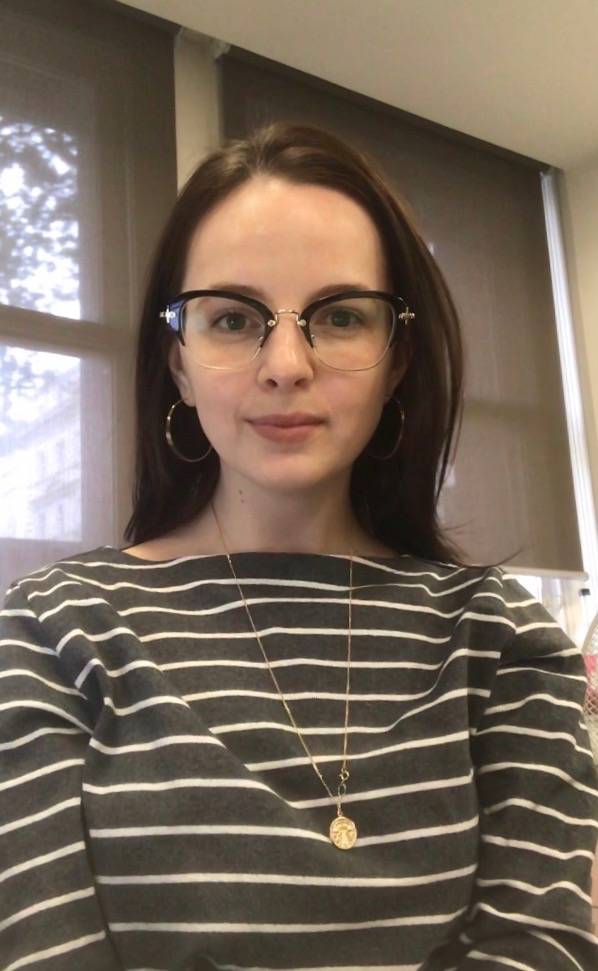
How did you get started in engineering?
"Informally I was involved in engineering very early. Some of my parents’ friends were really into cars, so I spent a lot of time seeing them tinkering with car mechanisms. I would also teach myself to fix most things at home on my own. Formally – when I started my engineer-physicist degree."
What is your research area?
"An overarching theme is the design of materials for different manufacturing processes. During my PhD I was designing nano-capsules for drug delivery, now I formulate powders and inks for additive manufacturing. Interestingly, the underlying science is quite similar for both areas, even though they seem completely different at a first glance."
What has been your highest achievement to date?
"I would say getting to mentor my first PhD student, even as an assistant supervisor. Someone trusting in my ability to provide the support necessary for a doctoral student is a definite highlight for me."
Why should young people choose engineering as a career?
"So many reasons. As an engineer, you get to make a difference in your area of interest. You can choose what problems you want to solve, and how to do it. You are among the first people exposed to the latest technology. It is an engaging and well-paid job, you will hardly ever be bored (or unemployed)."
What attributes and skills help you in your role?
"Being open-minded and being able to question my thoughts. There is so much room for creativity and improvement in engineering, and to find the best solution one should consider any and every possibility."
What are your top tips for people considering engineering?
"Expect it to be challenging, but don’t be intimidated. You can do it."
Mozhdeh Mehrabi, PhD Researcher, University of Leeds
What inspired you to become an engineer?
"My dad was a constructive engineer and one of my best hobbies as a kid was spending time with him at the constructive site. I always had a dream to become an engineer to design or solve problems. However, I had a degree in natural resources and worked with that degree for 5 years, but I was not satisfied by myself so I came to the UK and started the engineering degree and finally became an engineer."

How did you get started in engineering?
"I accepted and started the mechanical engineering degree at The University of Manchester."
What is your research area?
"My research area at The University of Leeds is to accomplish full powder characterisation (analytical, single and bulk) and focuses mainly on correlating the powder spreading performance in additive manufacturing machines."
What has been your highest achievement to date?
"Working as a PhD researcher on one of the big projects in the UK and winning a couple of poster and presentation awards through my master and PhD even though English is my second language."
Why should young people choose engineering as a career?
"If you like innovation, new techniques and problem-solving it would be the best career for you, and I also believe the money is good!"
What attributes and skills help you in your role?
"I have always been a quick thinker and I love working with other people. I believe one of my best skill is that I am a fast learner and very eager to learn new stuff."
What are your top tips for people considering engineering?
"Recent research from Engineering UK suggests the UK faces an engineering skills shortage, with 203,000 roles requiring engineering skills needed to be filled annually through to 2024 so the job prospects would be promising and you could have a huge impact on future technology."
More:
News
-
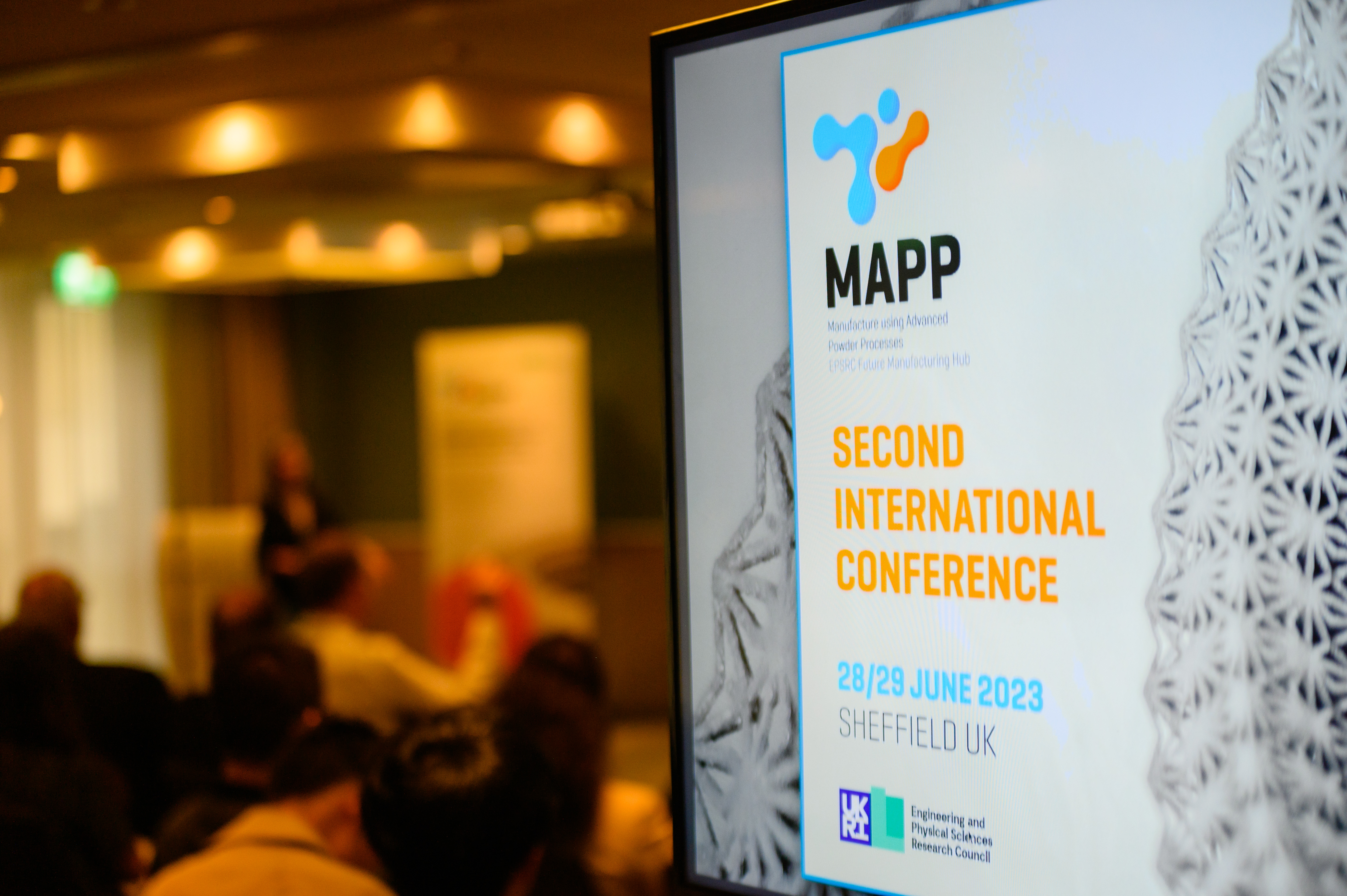
-
Exploring STEM - 4th May 2023
The MAPP Stand was a hit at the Exploring STEM for Girls event at the Octagon on the 4 May 2023.<...

